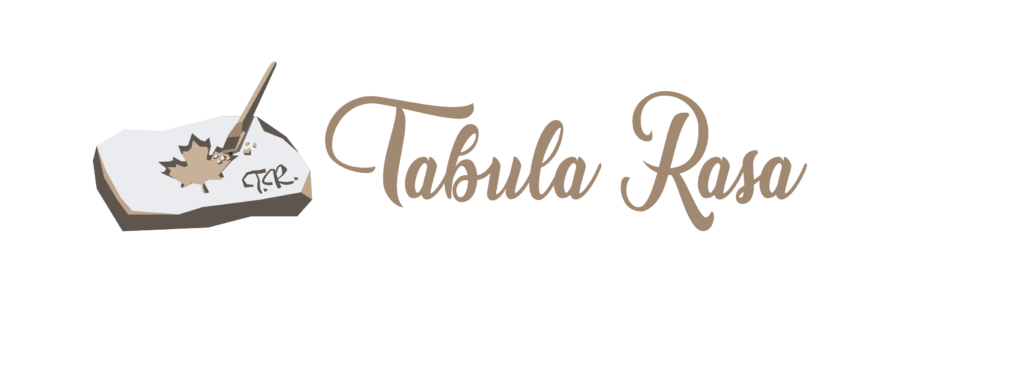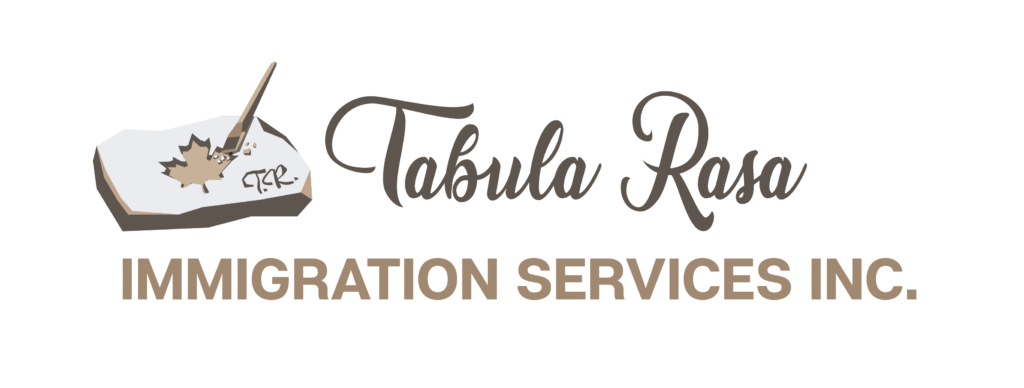Pursuing a graduate degree is an exciting opportunity, but financing it can be a major challenge. Fortunately, many universities and research institutions provide fully funded or partially funded programs for Master’s and PhD students. Selecting the right program involves careful research and strategic planning. Below is a comprehensive guide to help you choose the best-funded programs that align with your academic and professional goals.
1. Understand the Types of Graduate Funding
Graduate funding comes in different forms, and understanding these options will help you target the right programs:
-
Fully Funded Programs: Cover tuition and provide a living stipend through scholarships, assistantships, or fellowships. Common for PhDs, but increasingly available for Master’s programs.
-
Partial Funding: Offers tuition waivers, reduced fees, or stipends but may require students to secure additional funding independently.
-
Assistantships: Teaching or research roles where you work for the department in exchange for tuition coverage and/or stipends.
-
External Scholarships: Funding from governments, private organisations, or NGOs (e.g., Fulbright, Vanier, Chevening).
2. Start with Research-Based vs. Non-Research Programs
Your funding options will depend heavily on whether your program is research-based or course-based:
-
Research-Based Programs
-
Usually thesis-driven with a focus on original research.
-
Attract more funding opportunities because faculty often secure research grants.
-
Example: A PhD in Environmental Science where you join a professor’s funded lab project.
-
-
Course-Based or Professional Programs
-
Primarily focused on coursework rather than research.
-
Funding is less common, but professional scholarships or employer sponsorships may be available.
-
Example: MBA, MPA, or Master’s in Data Analytics.
-
Tip: If securing funding is a priority, research-based programs generally offer better financial support.
3. Research University Funding Policies
Not all universities fund students equally. Some key steps to take:
-
Check Official Program Pages
Look for sections titled “Funding,” “Financial Support,” “Assistantships,” or “Scholarships.” -
Contact Program Coordinators
Ask directly about the percentage of students receiving full funding and the average stipend amounts. -
Compare Across Institutions
In Canada, for example, universities like UBC, McGill, and U of T often guarantee minimum funding packages for PhD students.
4. Align with Faculty and Research Interests
Many funded opportunities are tied to professor-led research grants. To maximize your chances:
-
Identify professors whose work aligns with your interests.
-
Read their recent publications and lab funding acknowledgements.
-
Email potential supervisors expressing your interest and inquiring about available funding.
5. Evaluate Funding Competitiveness
Some programs offer funding but only to top applicants. To improve your chances:
-
Maintain a strong GPA.
-
Publish research or present at conferences if possible.
-
Prepare a compelling statement of purpose highlighting your fit and potential contributions.
6. Use Funding Databases and Resources
Several online platforms help you find funded opportunities:
-
Canada:
-
Vanier Canada Graduate Scholarships
-
Tri-Council (SSHRC, NSERC, CIHR) grants
-
Provincial graduate scholarships (e.g., OGS in Ontario)
-
-
USA:
-
National Science Foundation (NSF) Graduate Research Fellowships
-
Graduate Assistantships listed on university websites
-
-
International:
-
DAAD (Germany)
-
Erasmus Mundus (Europe)
-
Commonwealth Scholarships (UK & Commonwealth countries)
-
7. Consider Location and Cost of Living
A fully funded program in an expensive city might still require extra financial planning. Always:
-
Compare stipend amounts with the local cost of living.
-
Check if the university provides subsidised housing or health insurance.
8. Real-World Example
Imagine you’re pursuing a PhD in Computer Science. At the University of Toronto, most PhD students receive a guaranteed funding package covering tuition plus a living stipend, often supported by research assistantships. In contrast, a similar program at a smaller university may require applying separately for scholarships or competitive assistantships.
Choosing the UofT program not only secures your funding but also provides access to cutting-edge research and a globally recognised supervisor—significantly boosting your academic and career trajectory.
Conclusion
Securing a fully funded Master’s or PhD program requires balancing academic fit, funding opportunities, and long-term goals. Focus on research-based programs, engage with potential supervisors early, and leverage available funding databases. By investing time in this research, you can reduce financial stress and fully immerse yourself in your graduate studies.











